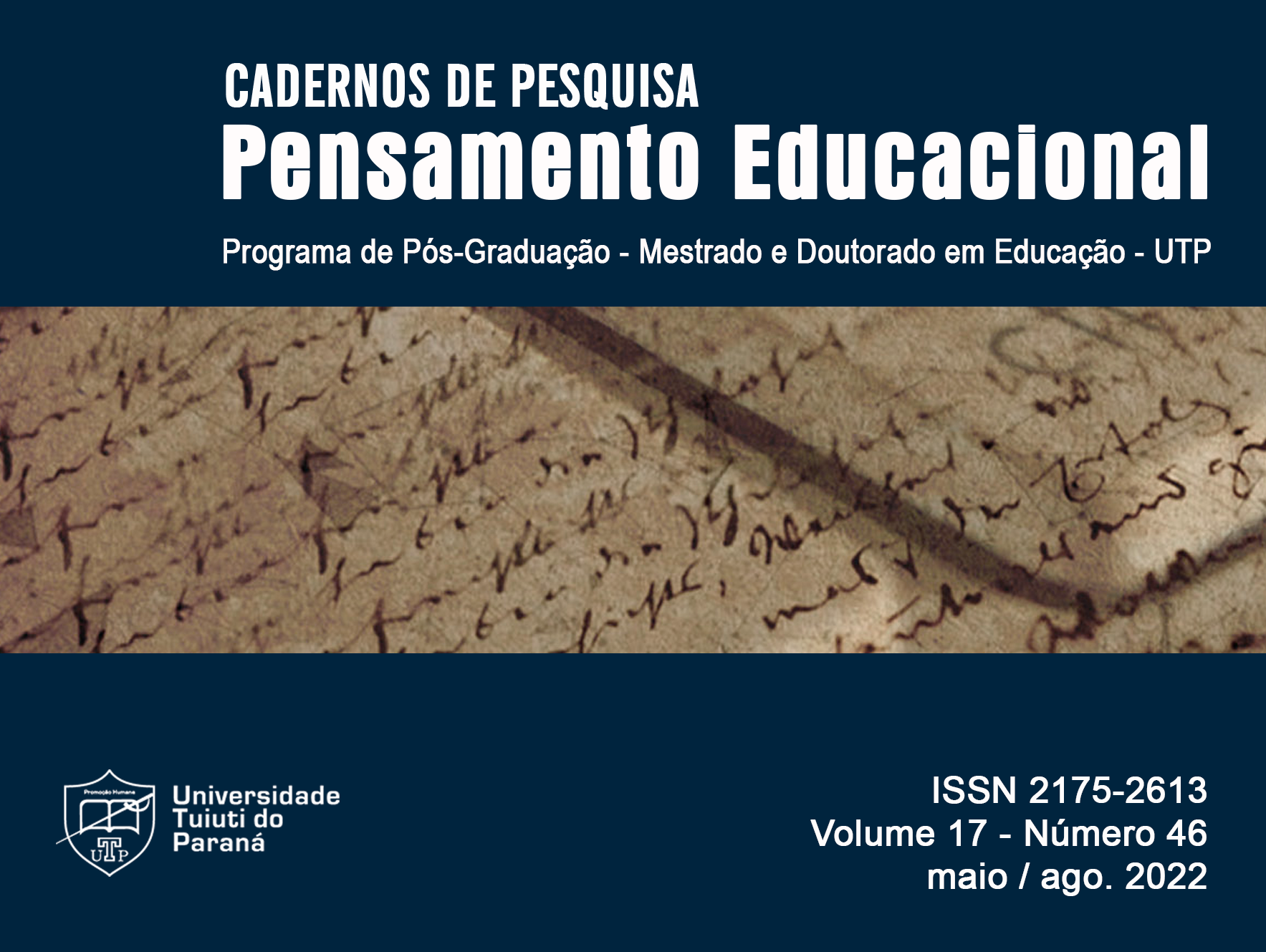Recursos didáticos durante o ensino remoto: uma breve reflexão
Resumo
RESUMO
A educação a distância inaugurou uma forma de ensinar e aprender rompendo com as limitações temporais e espaciais, que atrelada ao desenvolvimento das tecnologias digitais resultou na diversificação de recursos didáticos, ampliando as formas de concretizar a educação. No ano de 2020, em que o vírus Sars-CoV-2 se propagou mundialmente, as escolas fecharam e teve início o ensino remoto, alvo de grande contrariedade perante a desigualdade social. Para alguns a oportunidade de continuar estudando, mesmo que de forma atípica, foi motivo de alívio, enquanto para outros o início de grandes angústias. Esse artigo se propõe a analisar alguns fragmentos do ensino remoto sob o viés do uso dos recursos didáticos, considerando as respostas de alguns professores e familiares que vivenciaram essa realidade educativa em uma escola pública do centro-oeste paulista, propondo um diálogo reflexivo sobre a realidade a fim de provocar mudanças e engajamento para a garantia do direito à educação de qualidade de forma democrática.
Palavras-chave: Educação básica. Acesso à educação. Ensino pela internet.
Copyright (c) 2022 Jamile de Oliveira, Vera Lucia Messias Fialho Capellini

This work is licensed under a Creative Commons Attribution-NonCommercial 4.0 International License.
- Autores mantém os direitos autorais e concedem à revista o direito de primeira publicação, com o trabalho simultaneamente licenciado sob a Licença Creative Commons* que permite o compartilhamento do trabalho com reconhecimento da autoria e publicação inicial nesta revista.
- Autores têm autorização para assumir contratos adicionais separadamente, para distribuição não-exclusiva da versão do trabalho publicada nesta revista (ex.: publicar em repositório institucional ou como capítulo de livro), com reconhecimento de autoria e publicação inicial nesta revista.
- Autores têm permissão e são estimulados a publicar e distribuir seu trabalho online (ex.: em repositórios institucionais ou na sua página pessoal) a qualquer ponto antes ou durante o processo editorial, já que isso pode gerar alterações produtivas, bem como aumentar o impacto e a citação do trabalho publicado (Veja O Efeito do Acesso Livre).
- Esta revista proporciona acesso público a todo o seu conteúdo, uma vez que isso permite uma maior visibilidade e alcance dos artigos e resenhas publicados. Para maiores informações sobre esta abordagem, visite Public Knowledge Project.

*Esta obra está licenciado com uma Licença Creative Commons Atribuição-NãoComercial 4.0 Internacional.


